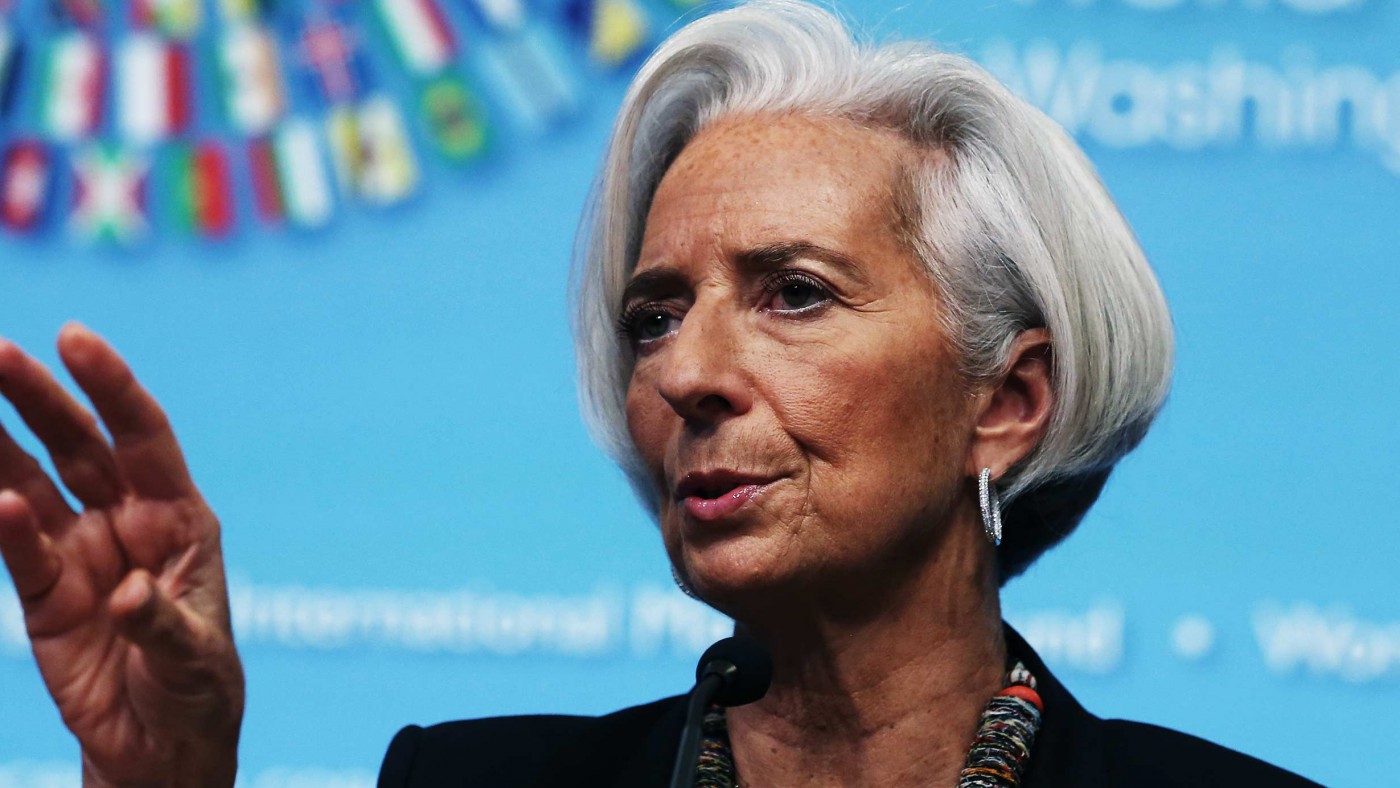The IMF says it cannot be part of a third Greek bailout – can one proceed without it?
Yesterday everyone learned what those who had been watching closely had realised for some time: the IMF won’t (at least for now) be offering a third loan to Greece. The IMF believes that Greece has not sufficiently stuck to the conditions of previous loans and that its debts after a third bailout would be unsustainably high. That means an IMF loan would not enable Greece to return to financial markets to fund itself (a normal requirement for an IMF loan). It might be added that the IMF would not be confident, either, that Greece could obtain further financing from alternative sources – ie its Eurozone partners, whose patience is clearly spent.
Given that Greece defaulted on an IMF payment only a few weeks ago – an action which placed it in a not-so-elite group of international pariah states that had ever done so – the IMF not wanting to lend to it again should hardly be a surprise.
Many commentators appear to assume the Eurozone will simply shrug off IMF non-involvement and cover the difference themselves. After all, back in 2009/2010 when the first Greek bailout was initially mooted, many EU Member States and institutions would have preferred the IMF not to be involved.
But the country that was most adamant the IMF had to be in was Germany. And again for the current discussions about a third bailout to be given authority to proceed, the German government promised the Bundestag that the IMF would be in.
So now we have the following stand-off. The Germans insist the IMF must be part of a third bailout; the IMF says it cannot be in unless Greece’s debts are forgiven on a scale that would make them sustainable; the Germans refuse even to contemplate debt forgiveness whilst Greece remains in the euro.
Could this derail the whole deal? Yes. Indeed I would assume that this scenario was so obviously likely that some parties to the mid-July talks probably only ever agreed to what they did because they expected it to fall apart in just this way.
Matters in Greece itself are only slightly smoother – though more bizarre. Prime Minister Alexis Tsipras and his Syriza movement have agreed to have a special emergency meeting in September to come to an agreed position on the bailout. (They debated, but rejected, having a referendum of party members. A referendum – now there’s an interesting idea…) Tsipras says that if he can’t carry enough of his party with him there will have to be new elections. It seems increasingly likely that those new elections will include some new anti-euro party. One odd development concerns the reaction to former finance minister Yanis Varoufakis’ revelations of his plans to make it feasible to introduce quickly a parallel currency or the drachma. Apparently this has triggered a semi-serious criminal investigation of him, potentially on treason charges. If planning for leaving the euro is treason, that could give other mainstream politicians pause for thought.
My view remains that Grexit in 2015 is still very likely. I don’t expect this third bailout ever to happen. I see discussion of it as largely a device to buy time so Grexit does not occur during the Greek tourist season. The Germans won’t agree to debt forgiveness and won’t accept a third bailout without IMF involvement.
The summer games continue.


